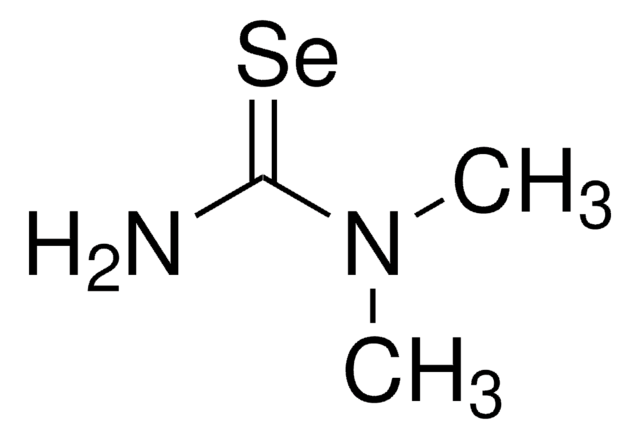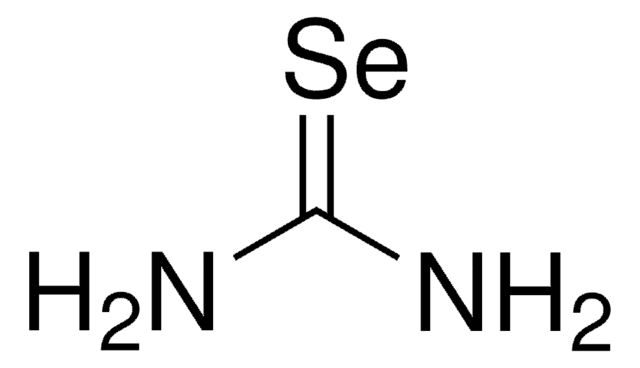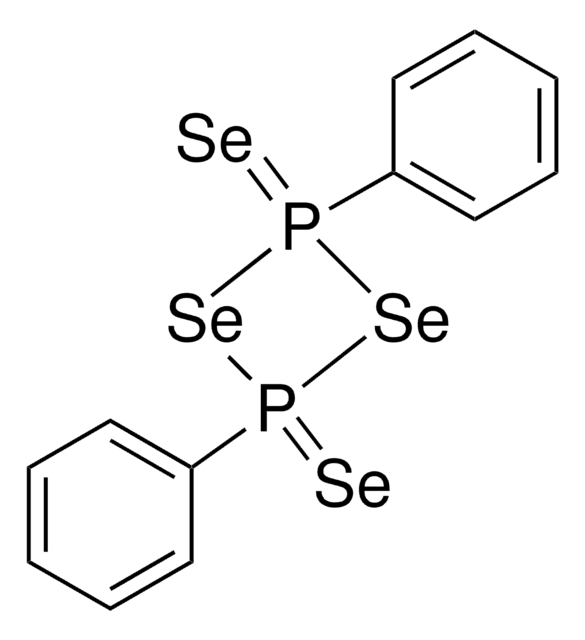287717
Borane-ammonia complex
technical grade, 90%
Synonyme(s) :
Amminetrihydroboron, Borazane
About This Item
Produits recommandés
Qualité
technical grade
Pureté
90%
Forme
solid
Pertinence de la réaction
reagent type: reductant
Caractéristiques du produit alternatif plus écologique
Design for Energy Efficiency
Learn more about the Principles of Green Chemistry.
sustainability
Greener Alternative Product
Autre catégorie plus écologique
Chaîne SMILES
B.N
InChI
1S/BH3.H3N/h2*1H3
Clé InChI
WZMUUWMLOCZETI-UHFFFAOYSA-N
Vous recherchez des produits similaires ? Visite Guide de comparaison des produits
Catégories apparentées
Description générale
Application
Code de la classe de stockage
11 - Combustible Solids
Classe de danger pour l'eau (WGK)
WGK 3
Équipement de protection individuelle
Eyeshields, Gloves
Faites votre choix parmi les versions les plus récentes :
Déjà en possession de ce produit ?
Retrouvez la documentation relative aux produits que vous avez récemment achetés dans la Bibliothèque de documents.
Les clients ont également consulté
Notre équipe de scientifiques dispose d'une expérience dans tous les secteurs de la recherche, notamment en sciences de la vie, science des matériaux, synthèse chimique, chromatographie, analyse et dans de nombreux autres domaines..
Contacter notre Service technique












